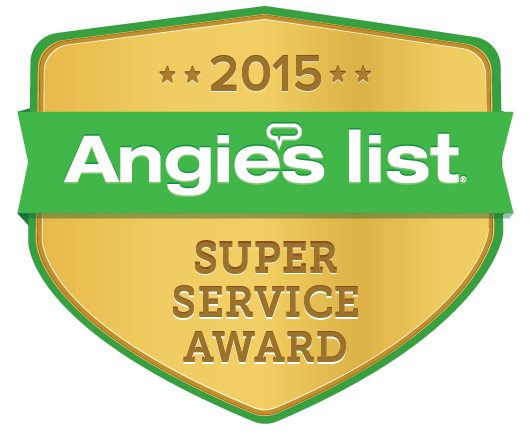All income is taxable unless excluded by law.
One of those exclusions is rental income received by you from the rental of your personal residence for 14 days or less.
That means that 14 days of AirBnB rental income is tax-free.
That means that your business can pay you to rent out your home for a company christmas party, company meeting, etc and create a deduction on your business tax return with no corresponding income on your personal tax return. Imagine your business renting out your home for $2,000. You can deduct the $2,000 from your business tax return and still keep the money.
This is a tax freebie. But if you rent your home for 15 days or more, then the entire tax break goes away.




